Politics
Lib-Dem MS Jane Dodds calls for voters to have say over misbehaving politicians
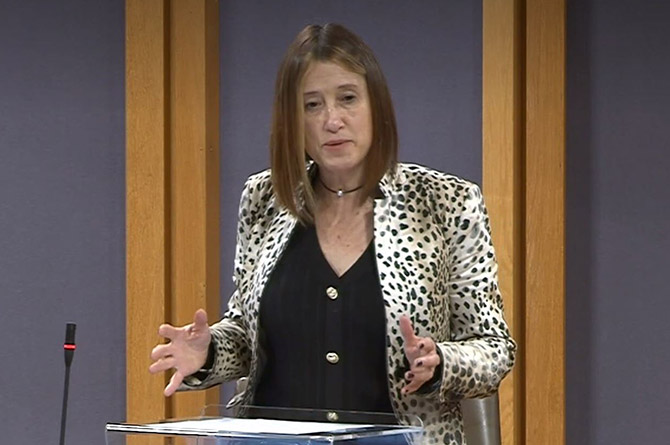
VOTERS should have a right to remove misbehaving Senedd members from office between elections to restore trust in politicians from all-time lows, a committee heard.
Jane Dodds, the Lib-Dem MS for Mid and West Wales, called for the Senedd to adopt a similar system of recall to the UK Parliament.
Ms Dodds won a 2019 by-election that was triggered by a recall petition after Chris Davies, the former Brecon and Radnorshire MP, was convicted of two counts of expenses fraud.
She lost her seat to the Conservatives’ Fay Jones three months later in a general election called by Boris Johnson, before winning her Senedd seat in 2021.
The former MP pointed out that the then-prime minister would himself have been prone to a recall petition, suggesting he stood down for that reason.
Giving evidence to an inquiry about accountability, which is considering whether Wales should follow Westminster, Ms Dodds said: “For me it’s about democratic accountability.
“It’s extremely important to people, I feel, to have that democratic deficit addressed.
“That is if their MS has committed serious misconduct, they should have the right to express a view as to whether they want that person to remain in the role.
“We need to be more transparent about the way that we do it and much clearer because we’re at an all-time low with trust in us. And this, for me, is a step in the right direction.”
The Lib Dems’ leader in Wales added: “I wasn’t in Westminster long. The behaviour I saw though … most of them could have had a recall petition triggered given it was Brexit time.
“It was shocking the language and the behaviour.”
Ms Dodds raised concerns about the six-week window for people to sign recall petitions coupled with a by-election, saying the public was fed up with such a long campaign.
She told the standards committee that electoral registration officers in Powys struggled to find recall petition signing stations due to the six-week window.
Ms Dodds said 19% signed the 2019 recall petition, the only one to be held in Wales so far, with by-elections triggered by hitting 10% – a threshold she felt was “about right”.
Natasha Asghar, a Conservative member of the committee, asked if Westminster has got recall right or whether there need to be tweaks for Wales.
Ms Dodds said the first-past-the-post electoral system lends itself to by-elections but the Senedd faces a challenge implementing recall under a fully proportional system.
The Lib Dem said Westminster got elements of the reforms right “but I think the power, for me, is still not with the people or with a democratic representative body”.
She raised concerns about having to wait on the Conservatives to trigger the 2019 petition, warning: “There was still a waiting game. For me, it shouldn’t be down to the political party.”
Vikki Howells asked about Westminster’s recall criteria: a prison sentence of less than 12 months, a suspension of 10 days or more, or an expenses-related conviction.
Ms Dodds told the committee chair she agreed with the criteria but suggested other triggers, such as deception, could be included in Wales’ system.
Ms Howells raised concerns about MSs changing allegiance post-election, with more than 10% of members switching party at least once in the previous Senedd term.
Ms Dodds argued against a right of appeal on recall: “People know the standards expected … as with a contract of employment, if you breach that then you know the consequences.”
She called for the “very high” 12-month custodial sentence threshold, above which Senedd members are already automatically disqualified, to be changed.
“Any custodial sentence, suspended or not, should be the trigger,” said the Lib Dem, who reiterated her party’s position that imprisonment should be rarely used.
Mark Drakeford, the former First Minister, said witnesses have called for recall decisions to be subject to approval by a vote of the whole Senedd.
Ms Dodds told the committee the UK Parliament does not vote to trigger a petition as she questioned suggestions the Senedd could have a greater say.
She warned a Senedd vote, whether a simple majority or a two-thirds supermajority, risks politicising the process.
Ms Dodds suggested such a veto would be unacceptable: “To have the standards committee putting a vote to the Senedd is not putting it in the hands of the electorate.”
Peredur Owen Griffiths asked how a recall system could work under Wales’ closed-list electoral system which will see people voting for parties rather than candidates in 2026.
Ms Dodds said closed lists present a challenge but it would be straightforward to replace an unseated MS with the next name on a political party’s list of up to 12 candidates.
She cautioned that the electorate will have no say in the ordering of candidates on lists unlike under the single transferable vote, her preferred electoral system.
Business
Bid to convert office space into chocolate factory, salon and laundrette

A CALL for the retrospective conversion of office space previously connected to a Pembrokeshire car hire business to a chocolate factory, a beauty salon and a laundrette has been submitted to county planners
In an application to Pembrokeshire County Council, Mr M Williams, through agent Preseli Planning Ltd, sought retrospective permission for the subdivision of an office on land off Scotchwell Cottage, Cartlett, Haverfordwest into three units forming a chocolate manufacturing, a beauty salon, and a launderette, along with associated works.
A supporting statement said planning history at the site saw a 2018 application for the refurbishment of an existing office building and a change of use from oil depot offices to a hire car office and car/van storage yard, approved back in 2019.
For the chocolate manufacturing by ‘Pembrokeshire Chocolate company,’ as part of the latest scheme it said: “The operation comprises of manufacturing of handmade bespoke flavoured chocolate bars. Historically there was an element of counter sales but this has now ceased. The business sales comprise of online orders and the delivery of produce to local stockist. There are no counter sales from the premises.”
It said the beauty salon “offers treatments, nail services and hairdressing,” operating “on an appointment only basis, with the hairdresser element also offering a mobile service”. It said the third unit of the building functions as a commercial laundrette and ironing services known as ‘West Coast Laundry,’ which “predominantly provides services to holiday cottages, hotels and care homes”.
The statement added: “Beyond the unchanged access the site has parking provision for at least 12 vehicles and a turning area. The building now forms three units which employ two persons per unit. The 12 parking spaces, therefore, provide sufficient provision for staff.
“In terms of visiting members of the public the beauty salon operates on an appointment only basis and based on its small scale can only accommodate two customers at any one time. Therefore, ample parking provision exists to visitors.
“With regard to the chocolate manufacturing and commercial laundrette service these enterprises do not attract visitors but do attract the dropping off laundry and delivery of associated inputs. Drop off and collections associated with the laundry services tend to fall in line with holiday accommodation changeover days, for example Tuesday drop off and collections on the Thursday.
“With regard to the chocolate manufacturing ingredients are delivered by couriers and movements associated with this is also estimated at 10 vehicular movements per week.”
The application will be considered by county planners at a later date.
Politics
Ceredigion council tax expected to rise by 4.7 per cent

A BETTER financial settlement for Ceredigion from the Welsh Government along with a fresh grant is expected to see council tax bills in the county rising by less than five per cent this year, far below previous fears of a rise as high as nearly nine.
Last year, for the 2025-’26 budget, Ceredigion saw a council tax rise of 9.3 per cent.
While council tax makes up a proportion of the council’s annual revenue, a crucial area of funding is the Aggregate External Finance (AEF) rate from Welsh Government.
Ceredigion was to receive a 2.3 per cent increase on its settlement, some £3,388,000 for a total of £150,670,000, placing it at joint 13th of the 22 local authorities in Wales.
Following a later Welsh Government and Plaid Cymru agreement additional funding for local government was secured, giving Ceredigion additional funding.
Back in November, before the increased settlement was announced, Ceredigion Leader Cllr Bryan Davies said that early estimates indicated that an 8.9 per cent increase in council tax would be necessary, but an improved position of 6.9 per cent had been indicated as a result of a further modelling of service cost pressures and operational savings.
Following the improved settlement, members at the January meeting of Cabinet heard from Cabinet Member for Finance and Procurement Services Cllr Gareth Davies a recommendation for a 4.75 per cent council tax increase as part of a draft budget requirement of £221.493m was being mooted.
That position has improved again, following financial support towards the Mid and West Wales Fire Service Levy, members of the February 3 meeting of the council’s corporate resources overview and scrutiny committee heard, the funding now dropping the expected council tax increase to 4.7 per cent, equivalent to an extra £7.39 per month for the average Band D property for the next financial year.
Members of the committee agreed to note the 4.7 per cent figure, with the final council tax recommendation being considered by Cabinet on February 10; the final decision on the budget being made by full council on March 2.
international news
Mandelson quits Lords amid police probe over Epstein links
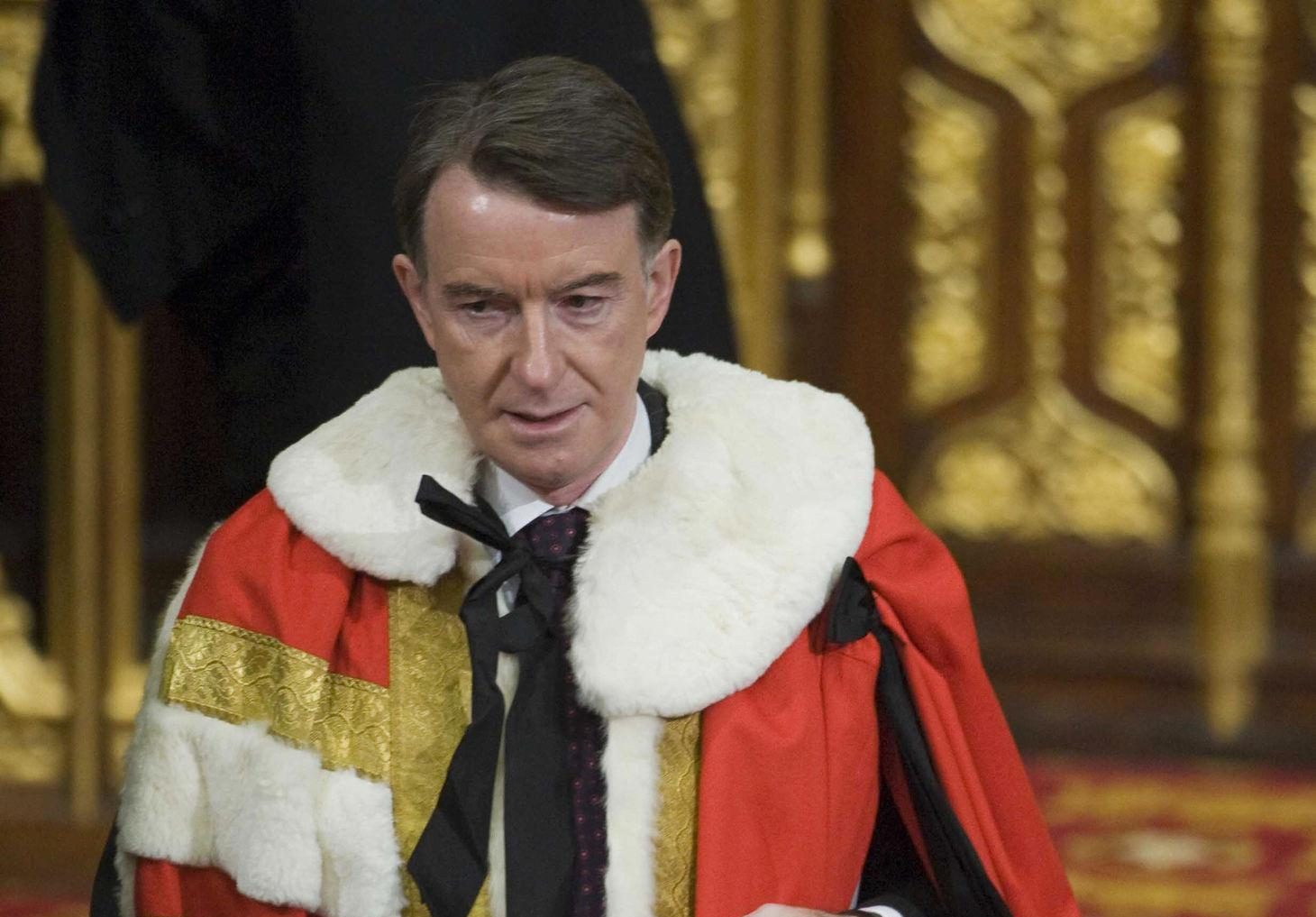
Peter Mandelson has announced he will retire from the House of Lords with immediate effect, as mounting political and legal pressure grows over claims he shared sensitive government information with convicted sex offender Jeffrey Epstein.
Parliamentary officials confirmed that Peter Mandelson formally notified the Clerk of the Parliaments of his decision, ending his membership of the upper chamber from Tuesday (Feb 4).
The move follows reports that the Metropolitan Police Service is reviewing allegations of possible misconduct in public office connected to emails said to have been forwarded to Epstein while Mandelson was business secretary during the 2008–09 financial crisis.
Downing Street has confirmed that material has been passed to police after an initial Cabinet Office review.
Government fury
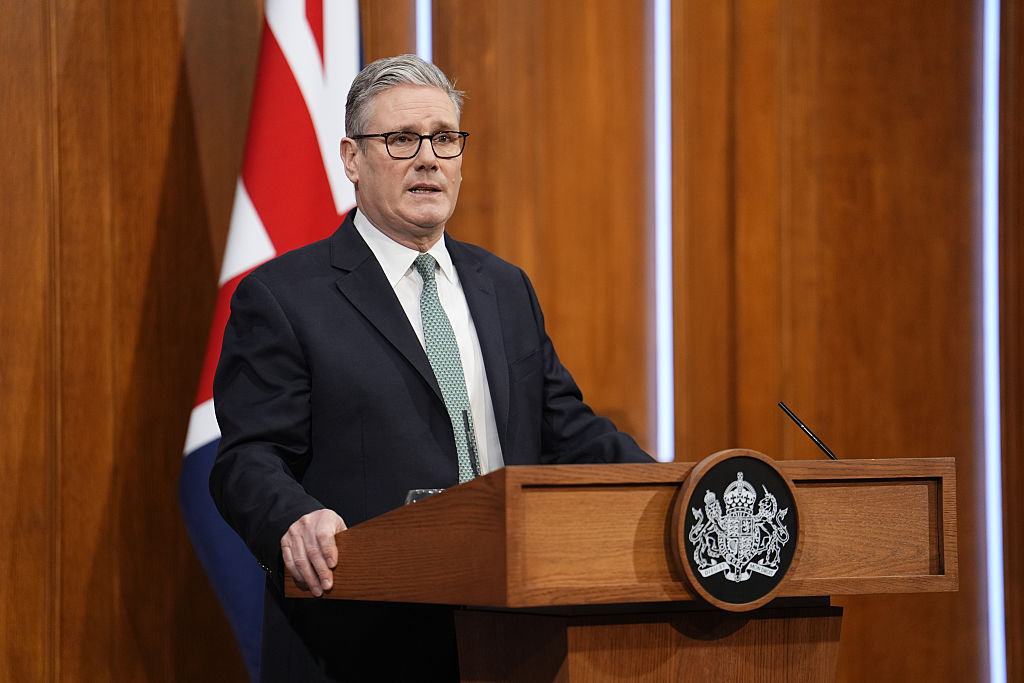
Prime Minister Keir Starmer told cabinet colleagues Mandelson had “let his country down”, according to No 10, and officials are now drafting legislation that could strip him of his peerage entirely.
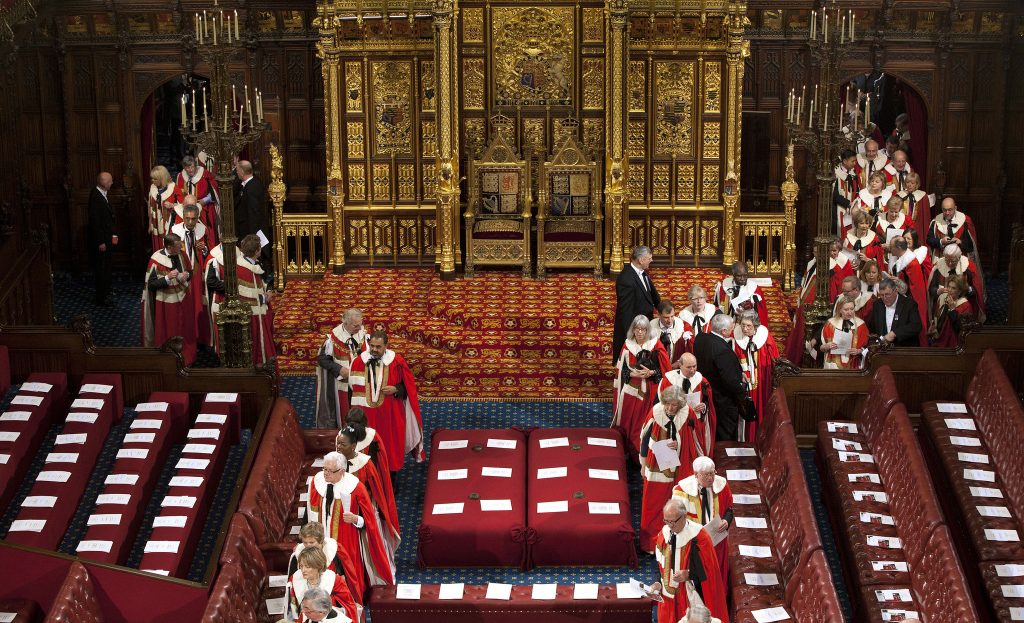
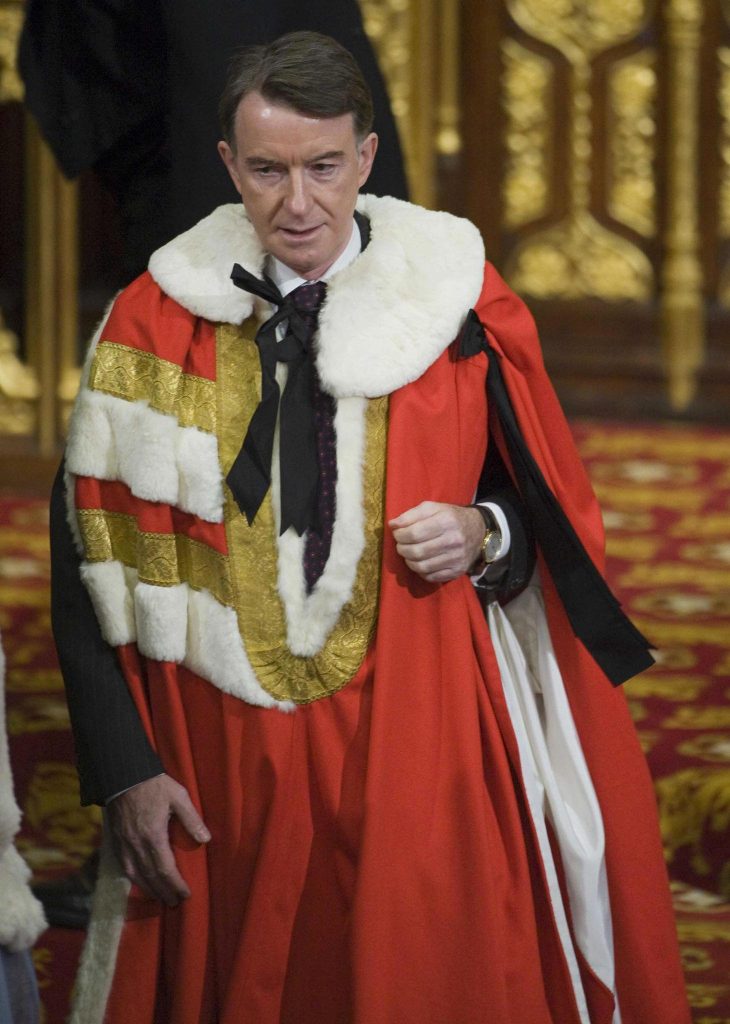
Removing a life peer is rare and would require an Act of Parliament.
If passed, Mandelson would lose the title “Lord” altogether — an extraordinary step that has only been considered in the most serious cases.
Senior ministers have described the alleged passing-on of market-sensitive government discussions as “disgraceful” and a “betrayal of trust”.
What police are examining
Misconduct in public office is a centuries-old common law offence that applies where someone in a position of public trust wilfully abuses that role. It carries a maximum sentence of life imprisonment.
Investigators will assess whether confidential information — particularly relating to government financial policy during the crash — was shared without justification and whether safeguards were breached.
At this stage, no charges have been brought.
Mandelson has previously apologised for maintaining contact with Epstein after the financier’s conviction, saying he regrets “ever having known him”, but he has disputed some of the latest claims and has not commented directly on the police review.
Political shockwaves
Opposition parties are pushing for further disclosure of documents relating to Mandelson’s vetting and his past roles.
Conservatives are expected to force a Commons vote demanding more information, while Liberal Democrats have called for a public inquiry.
Several MPs have also suggested Mandelson should be removed from the Privy Council.
The developments mark a dramatic fall for one of Labour’s most influential political figures of the past three decades, who only months ago was serving as the UK’s ambassador to Washington.
Now, with police examining evidence and legislation being prepared to remove his title, his public career appears effectively over.
More updates are expected as the investigation continues.
-

 Health6 days ago
Health6 days agoConsultation reveals lack of public trust in health board
-

 News7 days ago
News7 days agoCaldey still unsafe, survivors warn — despite Abbey’s reform claims
-

 Community7 days ago
Community7 days agoPembrokeshire students speak at national Holocaust Memorial Day event
-

 News23 hours ago
News23 hours agoPrincess of Wales visits historic Pembrokeshire woollen mill
-

 News7 days ago
News7 days agoKurtz raises Gumfreston flooding in the Senedd as petition deadline nears
-

 Crime5 days ago
Crime5 days agoPembroke man accused of child sex offences sent to Swansea Crown Court
-

 Education7 days ago
Education7 days ago‘Vulnerable teen’ questioned by police at Milford Haven School
-

 Education7 days ago
Education7 days agoAttendance concerns at Milford School reflect wider issue raised at the Senedd




























